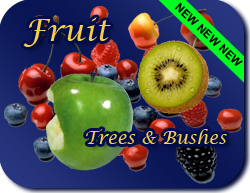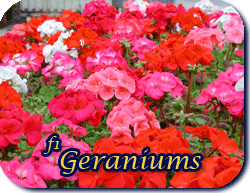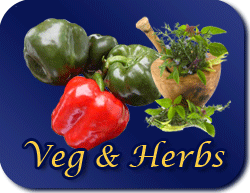Get the Garden Sorted
All things grow with love...
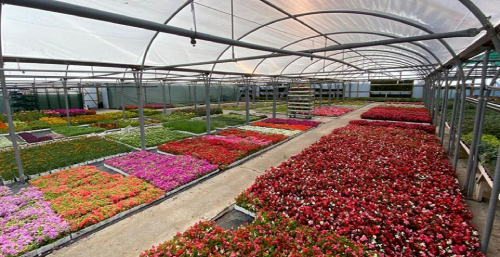

Growing for you since 1984
Discover our selection of garden plants and choose the ones that will suit your garden. We grow and stock an exceptional range of plants, available to buy in the nursery.
Wider Choice - Better Value
- Fuchsias
- Geraniums
- Bedding Plants
- Patio Plants
- Tuberous Begonias
- Perennials
- Hedging
- Veg & Herbs
- Hanging Baskets
- Climbers
Autumn / Winter / Spring / Summer Gardening in the UK. Well worth a visit. Please call in advance to confirm availability.
Opening Hours
- Monday 09:00 – 17:00
- Tuesday 09:00 – 17:00
- Wednesday 09:00 – 17:00
- Thursday 09:00 – 17:00
- Friday 09:00 – 17:00
- Saturday 09:00 – 17:00
- Sunday CLOSED
-
We are currently
CLOSED
Opening again in 4 hours 52 minutes before
Do you sell online?
Due to new Plant Passport legislation, we have discontinued our online service. We now only sell directly from our nursery.
Do you deliver?
We can arrange local delivery for large orders or for oversized shrubs and trees. Delivery charges apply and vary depending on your postcode.
Hanging Baskets?
Choose your basket and we’ll care for it until it’s ready by the end of May – ensuring you never miss your perfect pick!
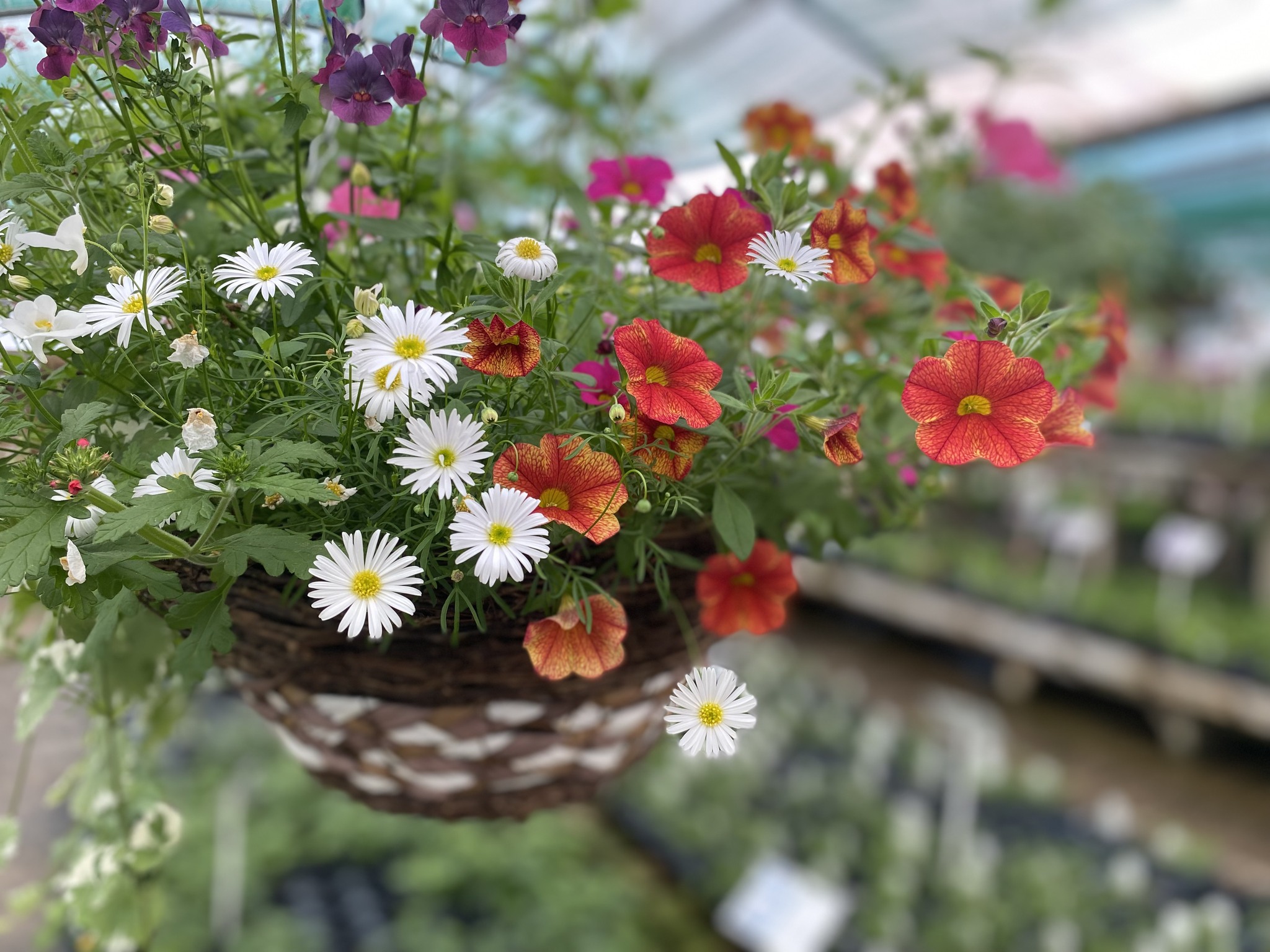
We grow over 1,000 baskets each season – including Tuberous Begonia, Mixed Flower, and Patio Plant baskets starting at £9.99. Custom orders are available.
Mini-Plugs?
Mini-Plug plants available for collection from the store.
Bedding Begonias - Available Varieties
- Green Leaf – Dark leaf – or Mixed foliage.
- Colours: Scarlet/Rose/White or mixed.
110 per tray – £11.99
Taking telephone orders now
Call Sophie 01329 832294
1st batch ready: 17th March
2nd batch: 7th April
(weather permitting)
